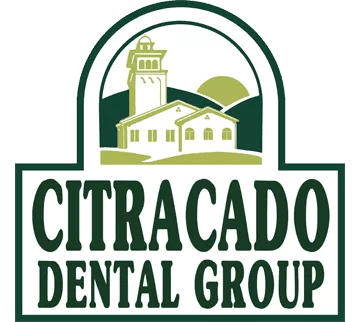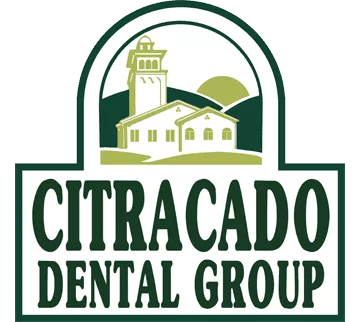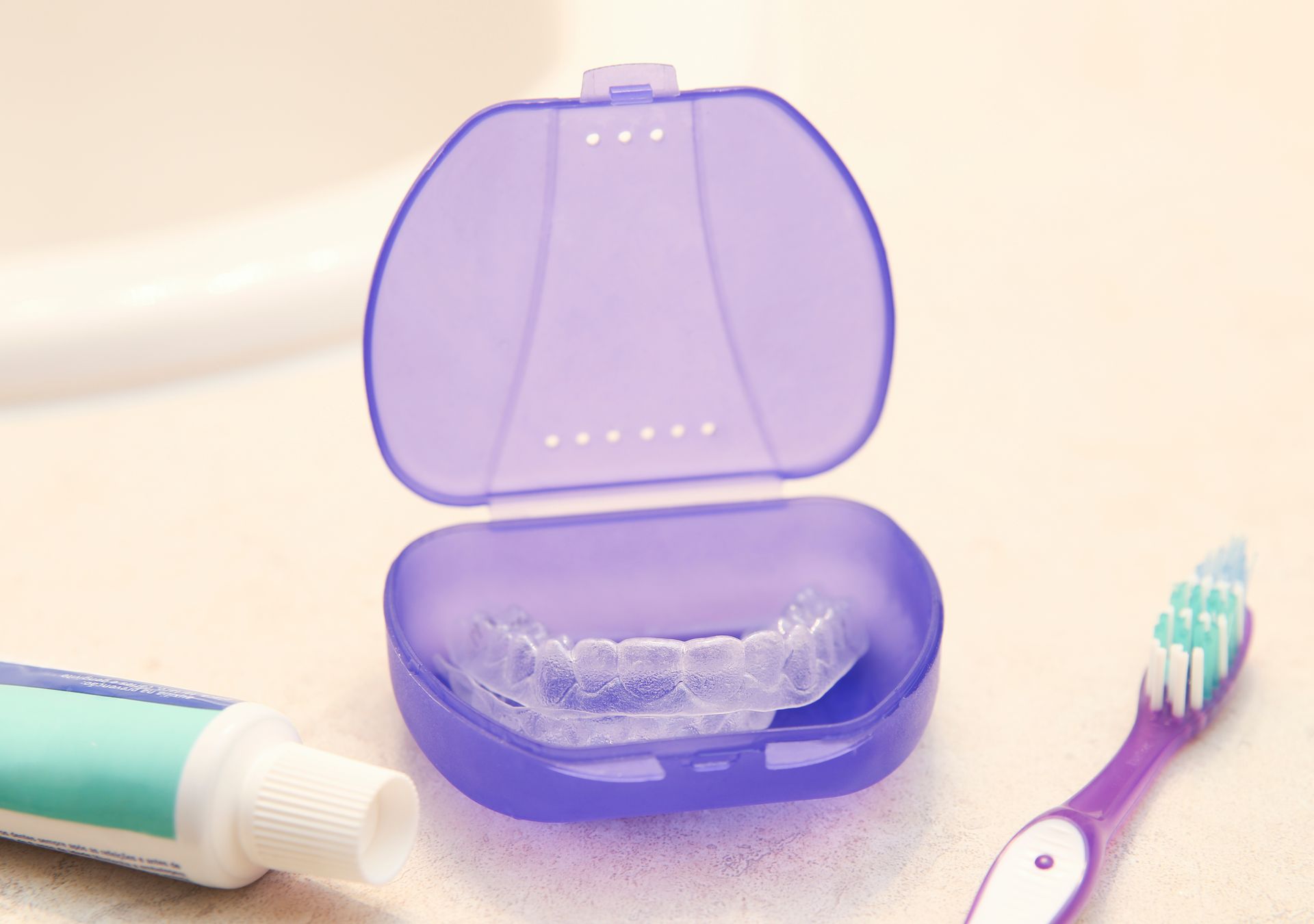CALL/TEXT US (760) 489-5545
DENTAL IMPLANTS FILL MORE THAN A VOID

Dental implants do more than fill a void. These artificial structures are customized and inserted into the jawbone, improving chewing function, lowering the risk of cavities and decreasing tooth sensitivity, among other benefits.
As an added plus, the implants do not need to be taken out and cleaned each night.
The customized crown is designed to fit seamlessly inside the patient’s mouth. They match in color and look, and they feel and work just like natural teeth.
Yet, dental implants aren’t for everyone and come in different types: endosteal and subperiosteal.
The most common is endosteal, which is embedded into the jawbone and can hold one or more teeth. A subperiosteal attaches on the top of the bone.
Our dental implants and restoration services offer a strong, long-lasting and natural feeling solution for a missing tooth space. Furthermore, our dental implants can also be used as anchors for complete or partial dentures or a base for a full-mouth implant bridge.
Oral health is connected to your overall health. Similarly, a dental implant offers many benefits other than filling a void.
We look forward to working with you to design a dental implant plan that fulfills your needs and aligns with your overall health goals.
When you work with us, you can have the peace of mind that you’re receiving the highest level of care and that all your questions will be answered before moving forward and selecting a plan.
QUICK MENU
RECENT POSTS

ARCHIVES
CATEGORIES
EXPLORE YOUR DENTAL HOME IN ESCONDIDO!
CALL/TEXT:
760.489.5545
EMAIL:
edith@citracadodental.com
HOURS
Mon: 8:00 a.m. - 5:00 p.m.
Tue: 8:00 a.m. - 5:00 p.m.
Wed: 9:00 a.m. - 7:00 p.m.
Thu: 8:00 a.m. - 5:00 p.m.
Fri: 8:00 a.m. - 5:00 p.m.
Sat: 8:00 a.m. - 12:00 p.m.
Sunday Closed





